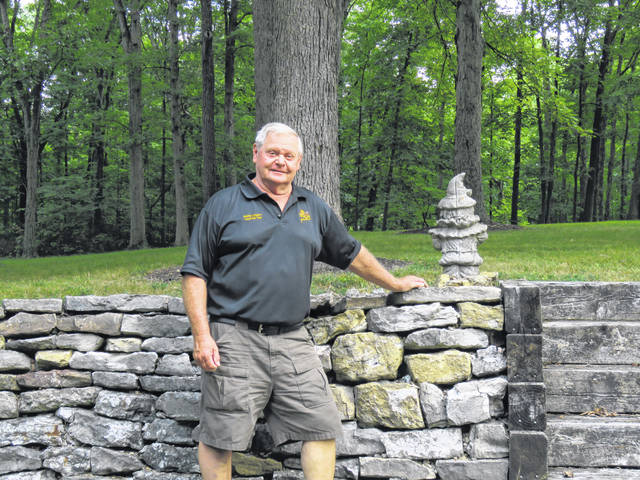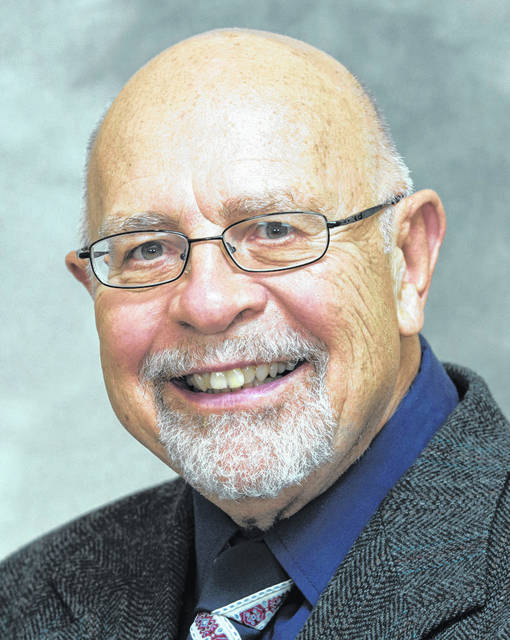

Growing up on the farms of two grandfathers in the late 1940s to early 1950s was much like life during the Great Depression.
My grandfather from Poland was especially dollar conscious. He would tower over me as I sat hunched while reading in a 30-year old horsehair stuffed chair. “Save ‘lectricity,” he commanded me as he snapped off the light.
But we never starved. Our gardens were broad, the soil dark and rich.
My grandmothers canned a full winter’s supply of tomatoes, fruit and veggies in Ball jars. The milk from our jersey cows was plentiful. I learned to be wary when my uncles milked lest I get a squirt in the eyes.
I liked my duties at the butter churn.
Once a year we butchered a hog. Sundays, we had duck, goose, or chicken.
But most often the dinner staple was squab, quail and pheasant harvested on our back woods and corn fields.
You had to eat gingerly. Buckshot went deep into bird breasts. You risked shattering a baby tooth if you grew careless.
I loved the beautiful game that abounded then in our rural paradise.
Which brings me to talk about the Darke County Pheasants Forever club. Like the national organization, Local #675 is dedicated to conservation. The 300 members preserve habitat for game birds.
This is so important as family farms like my grandfathers’ vanish into condos.
Last Monday on a bright, sunny day, club vice president Howie Schaefer took my wife and me on a tour of his hundred acres in New Paris. Monarch butterflies and yellow finches swarmed in fields covered with wildflowers, prairie grass and milkweed.
Howie is a cheerful sort, quick to laugh, quick to share stories. He’s wearing an oft-washed Pheasants Forever black shirt.
When the pods burst, Howie gathers them and drops the seeds everywhere like a modern Johnny Appleseed.
Howie reminds me of my own self-sufficient relatives now long dead. He built by hand the bridges over his streams. He heats his home with wood he cut himself, lamenting the recent loss of ash trees to borers.
He stacks the wood in an immense shed he built near the long stone fence he put up one rock at a time. “I’d never done it before,” he said. “I made some mistakes but finished it at last.”
The trickling waters hold nests of blue-spotted salamanders. He can tell you all about them.
He is proud of his grandchildren. He plants treasure maps for them to find. He buys chests and fills them with old coins and rocks that look like gold nuggets. He whips out a phone to show you the rapture on his blond granddaughter’s face as she throws open the chest to behold the “treasure“ therein.
Howie’s Polaris mule trudges on with him at the wheel.
A tree fell in the recent rains, blocking one trail. “I’ll come back later and cut it up,” he says.
Over there he points to a deer lick he created.
On four trees are platforms he uses during hunting season. Each has a silhouette of a man to get the deer used to seeing a hunter on the stands.
The Polaris goes on. There is the pistol and rifle range he recently erected against a rising embankment. He says he is getting ready to paint the pine window frames he just nailed together.
In an open space between the shagbark and nut trees, Howie takes us inside the cabin he put up by hand. He stoops to show off the steel beneath the foundation that blocks varmints and mice.
His wife Kathy, an accomplished gardener, has appropriated the cabin from him, he jokes.
Howie’s eyes light up when he talks about the habitat he’s created, and the joys of seeing four fat wild turkey earlier that morning. One staked out a claim on his porch and pecked a hole in the door screen.
Now retired at age 72 from highway construction work, he still puts in occasional sunup-to-sundown days to keep the place going. “It takes a lot of work,” he acknowledges. “I know there will come a day when I can’t continue to do what I’ve always done.”
He’s clearly excited about the chance to introduce youth 17 and under to the joys of hunting pheasant and learning to become future stewards of the earth when Howie and I lie vertical.
On November 14, he and other Pheasants Forever adult mentors will sponsor a daylong youth hunt. The club will purchase 250 adult pheasant and release them in Darke County woods and fields.
Unlike my grandfathers’ farms, Darke County farms don’t hold wild pheasant. “You have to go north and south of Columbus to find wild pheasants,” Howie says. Any birds the young hunters fail to bag aren’t likely to live until winter.
“They’re pen-raised and don’t survive long,” he says. “We have a lot of coyotes around here.”
I know the youngsters will feel the thrill of accomplishment when they go home with a gamebird in their pouch.
They will have gotten some great tips from Howie and the mentors I am sure.
I have a few words of advice for when the kids roast the birds.
“Chew carefully.”






